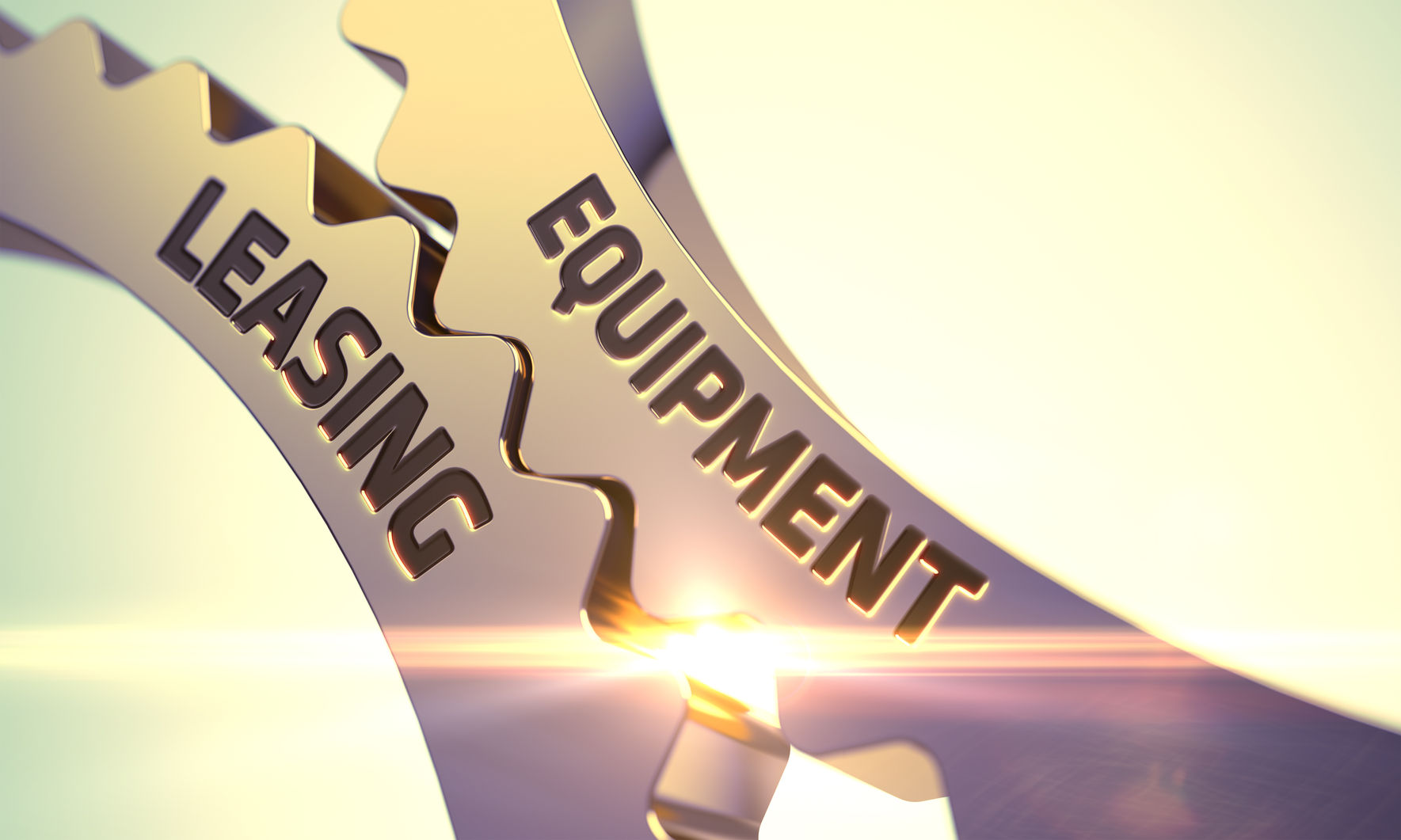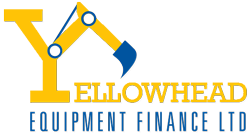
3 Benefits of Leasing Construction Equipment
July 3, 2018
5 Benefits of Equipment Leasing for your Small Business
September 23, 2018Your credit score represents your financial health. Don’t want to borrow money? No problem, but your credit score is still important as it’s used for a variety of fiscal decisions beyond borrowing. Here’s what you should know about your credit score, regardless if you’re a retiree or a 20-something. For small business owners – you’ll often start your business based on your personal credit – and how you manage that credit will have a direct impact on your business.
The Importance of Your Credit Score
Whether you live on cash or if you never plan to borrow a dime, your credit score still matters. For example, when you need to sign up for utilities, such as a phone or internet service, the company runs your credit score before opening your account. Same goes for landlords.
Starting a business also requires a good credit score, for taking out a loan. So if you were to want to open a business in the future you would need a solid credit score to do so. Some think that by not having debt they save their credit score, but what this really does is leave lenders with no information about your ability to manage debt.
Obviously, the better your credit score, the lower your borrowing costs overall. Any type of purchase that requires financing requires a good credit score, from TV purchases to of vehicle or home purchases.
What is a credit score?
Credit scores are based on your ability to borrow, and repay loans on time. Your credit history is recorded by Equifax and TransUnion and designated by them. Similar to a report card, your credit score tracks your payment history and money management. It’s used as an unbiased, third-party view of your ability to manage money and debt.
How to build your credit score
Start where you are to build your credit score. Get yourself a small limit credit card (won’t be an issue since most lenders won’t give you large limits right out the gate). Even bank-managed pre-paid credit cards are a good option. Use the card and then pay it off in full every month before the due date. Never car a revolving balance on the card. Whatever you do, however, always pay your minimum payment before that due date. This is a great way to get started.
While it’s ultimately your decision to use credit cards, keep in mind that banks have a right to not lend to you based on your credit score.





